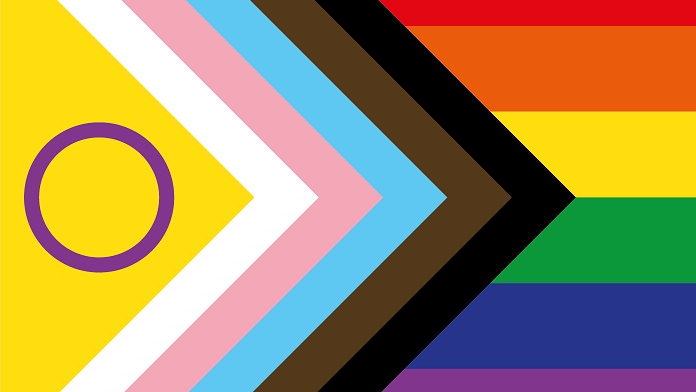The question is, what is masculinity. The simple answer can be found within a dictionary, but is this answer satisfactory?
According to etymonline.com, “masculinity” is basically “to be masculine”. Okay, but what is “masculine?” The answer on this site boils down to “male”. Again, not much help. “Male”, however, does lead to an interesting definition:
late 14c., "male human being; male fish or land animal; one of the sex that begets young,
In particular, the word “beget”:
Middle English biyeten, from Old English begietan (West Saxon), bigetan, bigeotan (Anglian) “to get by effort, find, acquire, attain, seize” (class V strong verb, past tense begeat, past participle begeaton), from be- + get (v.). The sense of “to procreate” is from c. 1200, generally used of the father only. Similar formation in Old Saxon bigitan, Old High German pigezzan, Gothic bigitan “to get, obtain.” Related: Begot; begotten.
Effectively, the dictionary leads us to the idea that not only does “masculinity” mean to “procreate as a male”, but also “to get.” What about “femininity” (the apparent antonym)? A quick look (“feminity”, “feminine”, “suckle”) does in fact create an opposite, “femininity” means “to give.”
So that’s it, end of discussion, right?
That is where I will leave this post. A place for you, the reader, to contemplate and account for your experience with the word “masculinity”, does it conform to the rigor of etymonline.com? Perhaps you the site isn’t valid in the first place, perhaps you speak a different language, where the idea of masculinity has a different root.
When I grew up, the 1990’s, “masculinity” often went hand-in-hand with “be a man.” In this context, it was agreed that the role of a man was to be a provider. This doesn’t equate with the strict definition of the word. In fact, looking into the history of when “man” was associated with “providing”, I learn that it began in the 1970’s (wikipedia.org…) in the United States. In this context, of course someone would have the idea that a man is supposed to provide, because women aren’t allowed to provide for themselves in the first place.
Since then, because women are seeing more rights, in the United States workplace in particular, the status quo definition of “masculinity” has been eroded. While this may make a “man” feel lost to society, it is also freeing, no longer is man bound to a definition that exists solely from the existence of inequality.
In my own life, as a man from the USA, I have come towards my own definition of “masculinity” in the 21st century, meaning “that which is outside.” To be both exposed and uncontained.

